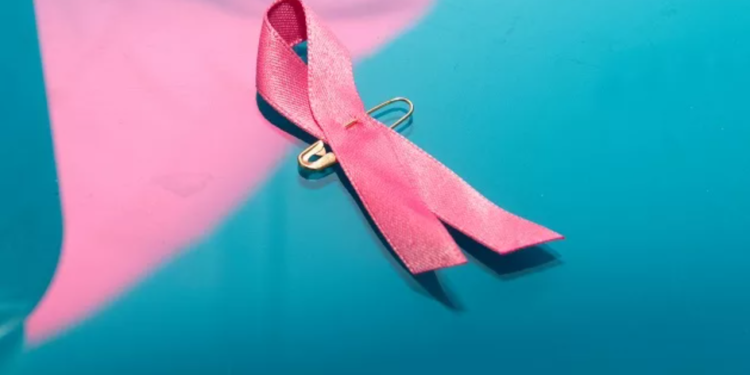Dec 17, 2024 Story by: Editor
Late-stage breast cancer diagnoses have increased across all racial and ethnic groups, with Black women facing the most severe impact, according to a recent study published in Radiology.
Analyzing data from 2004 to 2021, the study revealed that rates of advanced breast cancer have risen among women of all ages. The sharpest increases were observed in younger women aged 20 to 39 and those over 75.
The findings highlighted significant disparities: Black women are 55% more likely to receive an advanced diagnosis than white women and face higher mortality rates from breast cancer.
Although mammography screenings are proven to save lives by detecting cancer earlier, fewer than 70% of eligible women are currently with their screenings, the study noted.
Early detection is crucial for survival, as five-year survival rates plummet from 99% for early-stage breast cancer to just 31% for cases that have spread to other parts of the body. Despite similar self-reported mammography rates among Black and white women, disparities persist.
“Black women tend to have more aggressive breast cancers, including a higher rate of triple-negative breast cancers,” explained Dr. Edward Hendrick, clinical professor of radiology at the University of Colorado and study co-author, in an interview with ABC News. “There may also be differences in how findings are acted upon, reflecting barriers to high-quality care.”
Dr. Hendrick noted the impact of the COVID-19 pandemic on screening rates: “Volumes at screening sites for the year 2020 were down as much as 90% from 2019 levels. These missed screenings contributed to higher rates of advanced breast cancers in 2021 and likely subsequent years.”
The study also explored other factors contributing to the increase in late-stage diagnoses.
“Obesity in post-menopausal women increases breast cancer risk, as does prolonged exposure to estrogen from early periods or late menopause,” explained Dr. Debra L. Monticciolo, a professor of radiology at Texas A&M University and co-author of the study. She recommended that physicians begin offering breast cancer risk assessments to patients starting at age 25. “Identifying high-risk women early would help catch cancers sooner,” she said.
Despite the concerning trends, the study suggested actionable solutions. Increasing screening rates, expanding access to healthcare, and ensuring follow-up care after abnormal mammograms could significantly reduce advanced breast cancer cases.
“Improving equity in care is critical to saving lives,” emphasized Dr. Monticciolo. “By prioritizing access to care for all and emphasizing the importance of early detection, we believe this trend of rising late-stage diagnoses can be reversed.”
Dr. Hendrick echoed the call for awareness. “Late-stage breast cancer diagnoses are not just statistics—they reflect missed opportunities for prevention and early treatment,” he said. “We could benefit from greater public awareness of the importance of catching breast cancer at its earliest, most curable stages.”
Breast cancer remains one of the most commonly diagnosed cancers among women, accounting for nearly one in three new cancer cases each year. According to the American Cancer Society, over 40,000 women in the U.S. die from the disease annually. Source: ABC News
















